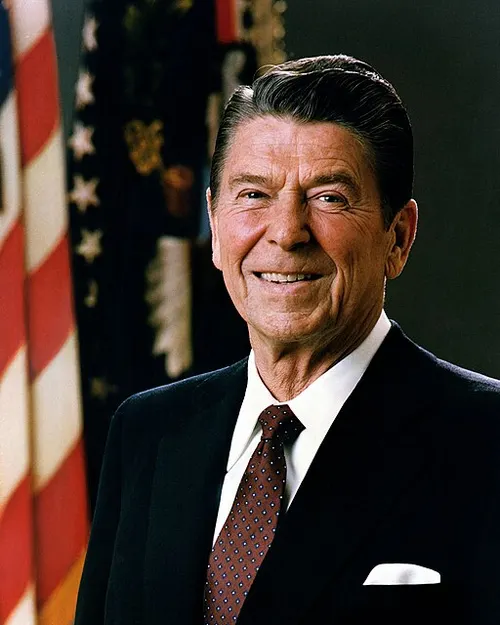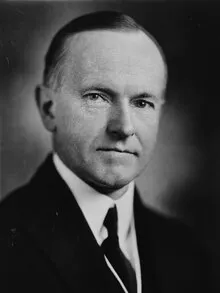8G History Lesson 150 Assignment
Ronald Reagan was born on February 6, 1911 in Illinois. His dad was an alcoholic, and it was hard for him to stay in a job. Reagan went to Eureka College, where he played football and was in the drama society. His grades were passing, but not amazing. He graduated with a bachelor’s degree in economics, but later decided to pursue sportscasting. Reagan became the sportscaster for the radio stations WCO and later WHO.
Reagan soon became interested in acting, and landed a job with Warner Bros. Interestingly, the characters that Reagan played in the movies were often like Reagan himself. Reagan served in the war by making army training films. Although he wasn’t involved in any combat, he was portrayed as being a real soldier.
Between 1947 and 1952 Reagan was president of the Screen Actors Guild. His job was to Around this time, Reagan’s political beliefs were shifting. He had previously been more of a Democrat, but was slowly becoming more conservative. Eventually he declared himself to be a Republican.
Reagan supported Barry Goldwater, a Republican who ran for president during the 1964 presidential election. Reagan gained a lot of popularity even though Goldwater didn’t win.
Due to the popularity Reagan received by endorsing Goldwater, Reagan was asked to run for governor of California in the 1966 election. He won, taking over 57 percent of the vote. As governor, Reagan approved tax increases and helped reform the welfare system.
In 1976 Reagan ran for president, and although he lost the nomination for Republican on the ballot, he received many write in votes. Reagan ran again for president in 1980, and this time he won!
As president, Reagan implemented a type of economics commonly called supply-side economics, which is a type of free market economics that focuses on lowering taxes and and government spending and deregulating the economy. Some people criticized Reagan’s use of this, calling it Reaganomics or Voodoo economics. During Reagan’s presidency, inflation dropped from 13.5% to 4.1%. He also lowered income taxes by 25% for everyone.
Reagan pushed to allow organized prayer in schools. He tried to overturn the ruling that the Supreme Court issued that didn’t allow a moment of silence for prayer in schools. Reagan was not ultimately successful in this matter.
Reagan prioritized rebuilding the military, and the defense budget went up while he was in office. He sent the U.S. military to invade Grenada, ultimately resulting in a U.S. victory.
Reagan campaigned for a second term in 1984, and won in a landside victory, taking electoral votes from 49 out of the 50 states. In his second term, Reagan passed the Tax Reform act, which made the tax filing system much easier and lowered taxes overall. The economy continued to grow, and Reagan continued to invest more money into the national defense.
After Reagan left office, his health declined, and in 1994 he was diagnosed with Alzheimer’s disease. Reagan was not in public much as his health declined. Weakened by Alzheimer’s he passed away in 2004 from pneumonia. He was given a state funeral and many former presidents attended.
I hope you enjoyed learning about Ronald Reagan, his life and his career.



